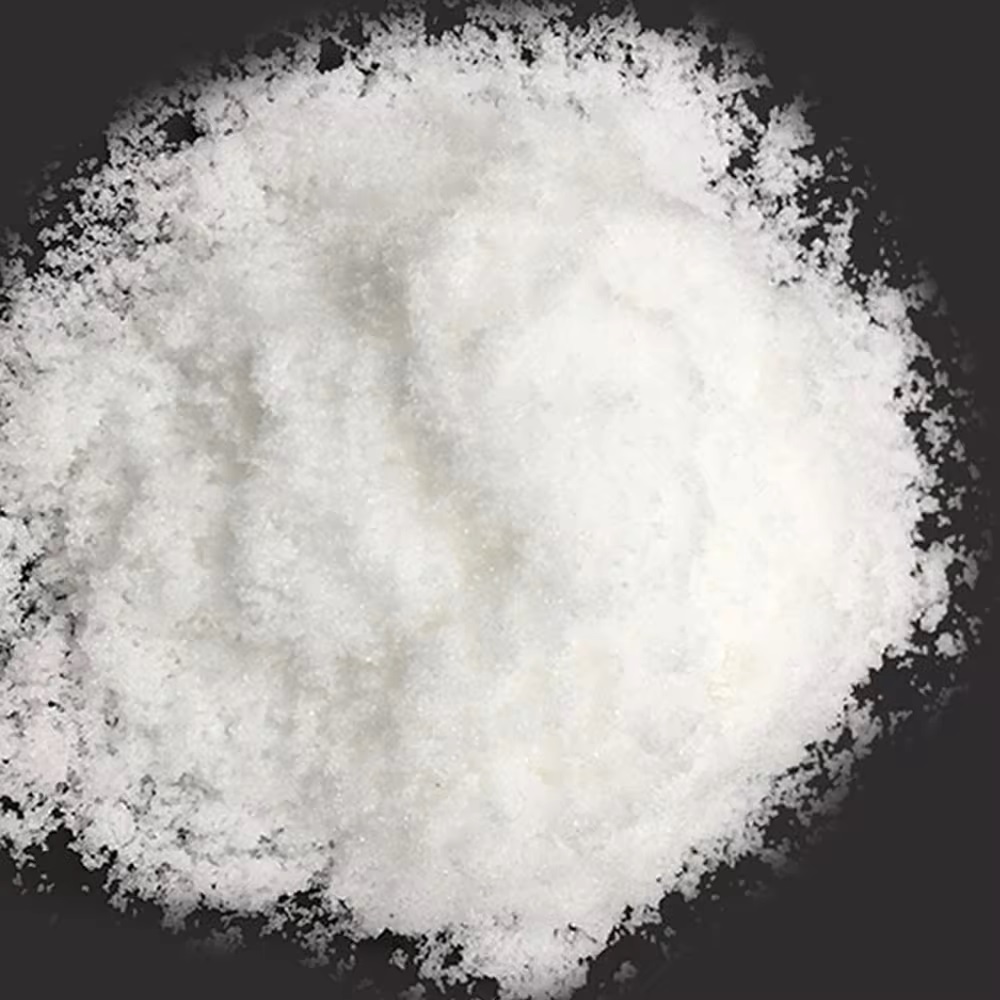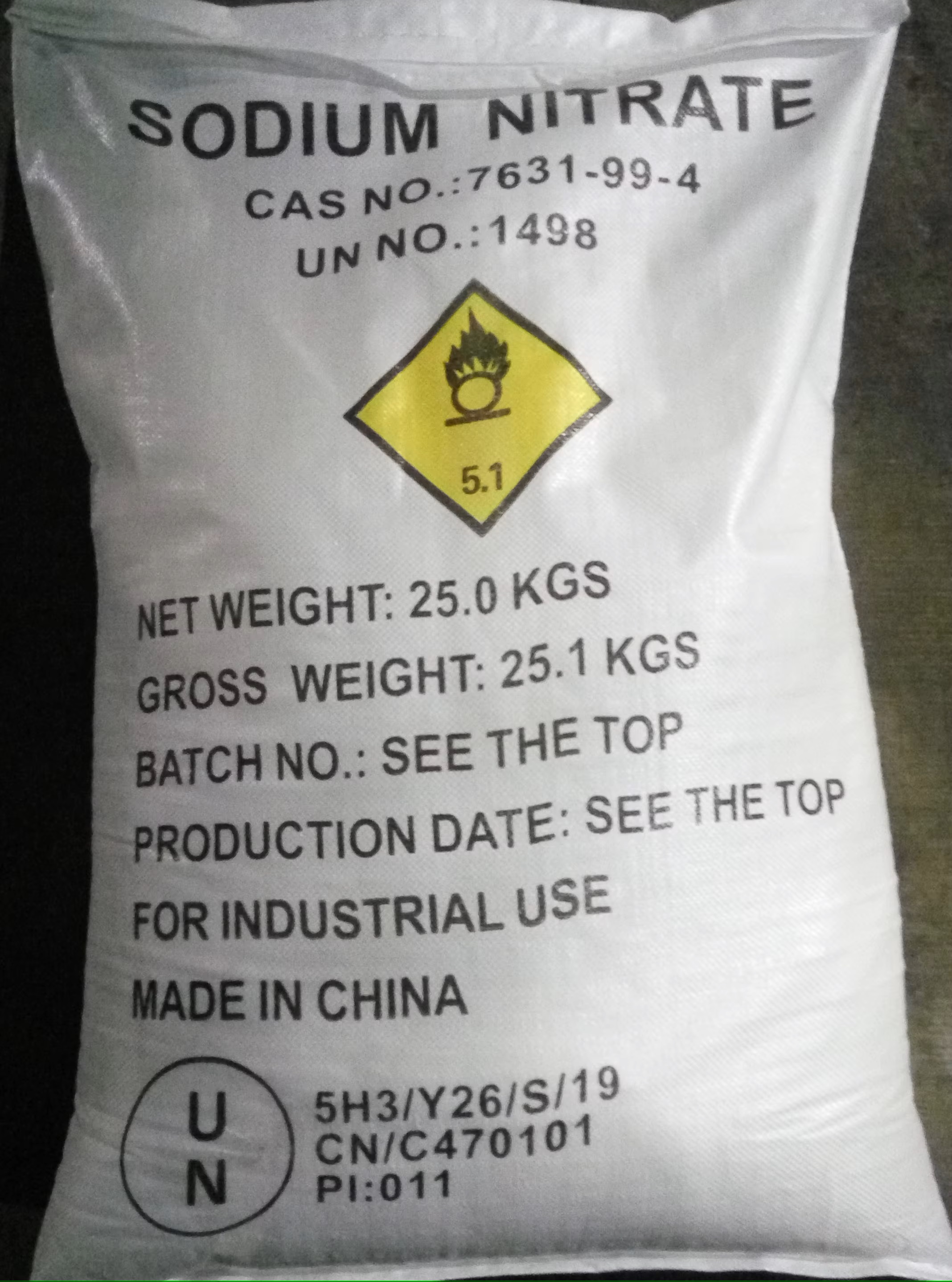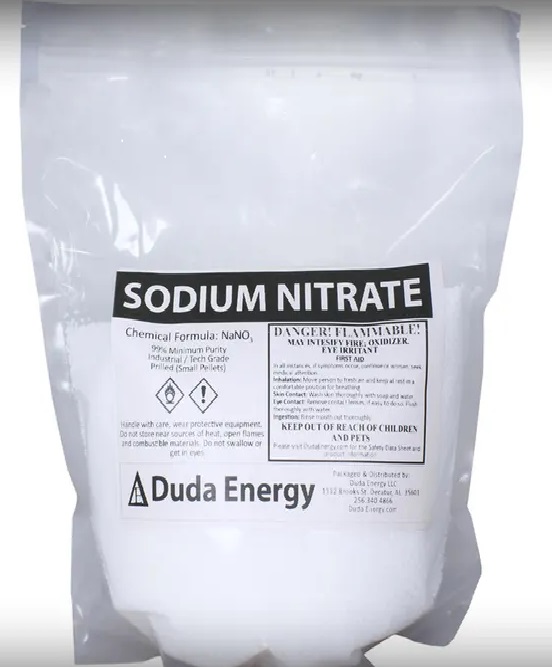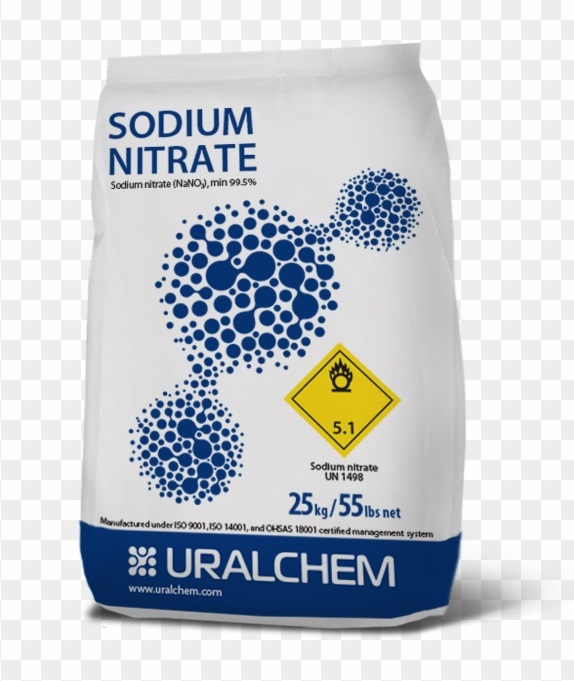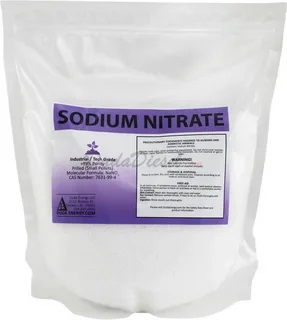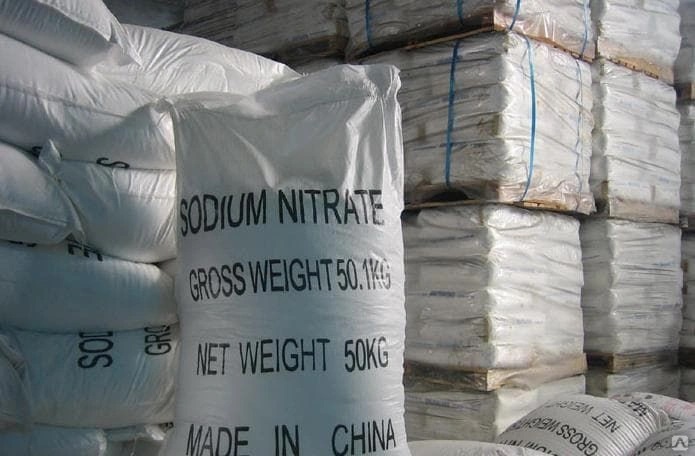We unleash your business potential by maximize the business innovation.
Send EmailE251, Sodium Nitrate, 7631-99-4
🧪 E251 – Sodium Nitrate (NaNO₃)
-
Chemical Name: Sodium Nitrate
-
CAS Number: 7631-99-4
-
Molecular Formula: NaNO₃
-
Molecular Weight: 84.995 g/mol
-
E Code: E251
-
Synonyms:
-
Nitric Acid Sodium Salt
-
Chilean Saltpeter 🌋
-
Soda Nitrate
-
Natrium Nitrate
-
Mono Sodium Salt of Nitric Acid
-
⚙️ Physical & Chemical Properties
| Property | Value |
|---|---|
| Appearance | White granules or powder 🧂 |
| Odor | Odorless 🚫 |
| Taste | Slightly salty and bitter |
| Melting Point | 308 °C 🔥 |
| Boiling Point | 380 °C |
| Density | 2.3 g/cm³ |
| Solubility in Water | 91.2 g / 100 g water at 25 °C 💧 |
| Solubility in Alcohol | Low (ethanol, methanol) |
| pH (aqueous solution) | Neutral ⚖️ |
🚫 Toxicological Information
-
Nitrite derivatives are toxic ☠️
-
Risk of nitrosamine formation under high heat and acidic conditions
-
Sodium may have toxic effects on plants 🌱⚠️
-
May negatively affect oxygen circulation in the bloodstream 🩸
🧩 Applications
-
Agriculture: Used as a fertilizer, provides nitrogen to enhance crop growth 🌾
-
Food Industry: Preservative and color stabilizer in processed meats (e.g., sausage, salami) and salted fish 🍖🐟
-
Canned Foods: Extends shelf life by preventing microbial growth 🥫
-
Explosives: Key component in fireworks and gunpowder 💥
-
Glass Industry: Used in coloring and manufacturing processes 🧿
-
Metallurgy: Acts as an oxidizing and cleaning agent in aluminum and steel production ⚙️
-
Chemical Industry: Used as a reagent in organic synthesis 🧪
